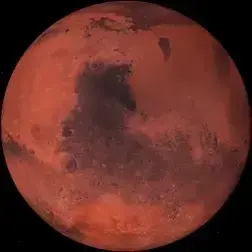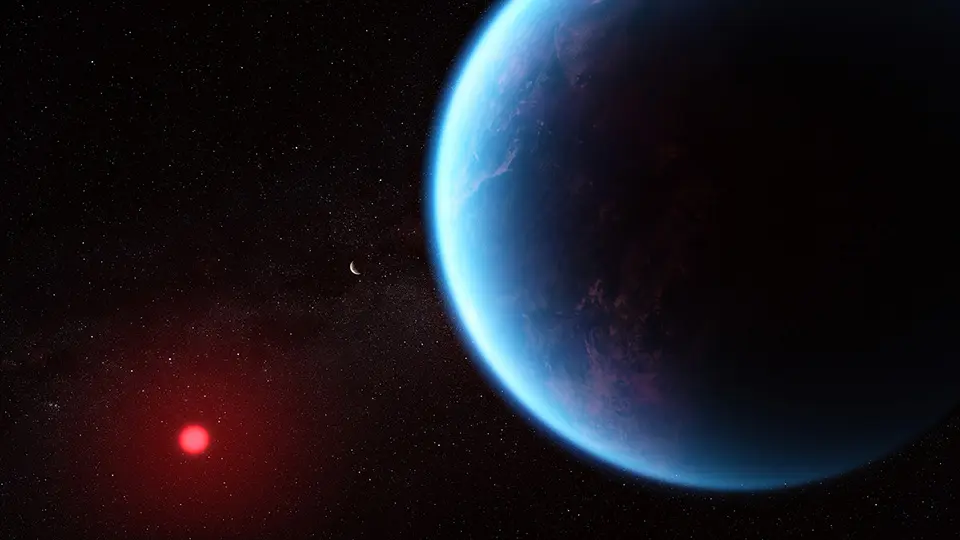- cross-posted to:
- futurology@futurology.today
- cross-posted to:
- futurology@futurology.today
This is about as close as we can get for carbon-based life habitable planet. 2.6 times the radius of Earth and mostly ocean, what sort of marine lives swim in there? Give me chills if they exist.



If there was oxygen, I’d basically say its alive.
Not necessarily, life on earth has existed since before there was oxigen in the atmosphere and was mostly carbon monoxide.
Yeah not in a way detectable to radio telescopes though. If an atmosphere is stoichemetrically ‘far’ from equilibrium, this implies a biogeochemcical process that is pushing it out of equilibrium.
Oxygen very quickly gets reduced out of the atmosphere. Thats the whole point of it as a bioindicator molecule. There aren’t many other species of molecule that are such a clear indicator of the presence of redox reactions. Preter oxidative respiration, If nitrogen was the electron receptor, but its species like ammonia might be visible via radio telescope. Google great oxygen holocaust. We know photosynthesis was happening before then, but oxygen wasn’t the terminal electron receptor.
Oxygen would be a smoking gun, because you don’t keep oxygen in an atmosphere if something isn’t replenishing it.
I understand, good point
I think the methane is a better marker…AFAIK, it’s almost always a byproduct of some biological process.
It’s a good biosignature but a real smoking gun would be if a planet has intelligent life that’s not always so intelligent. Then, we might detect chlorofluorocarbons or some other synthetic pollutant.
“Well, we detected an alien civilization but their atmosphere is in way worse shape than 1950’s London and they’re 100 light years away. I guess we’ll keep checking and see if they get their act together or not.”
Plot twist, they’re already dead by the time we detect them, the light from them exploding the planet just hasn’t reached us yet.
bruh
https://science.nasa.gov/resource/trapping-of-methane-in-enceladus-ocean
We know of abiogenic sources of methane in this solar system.
Bruh…that’s why I said almost.
I also got about 1/2 way through typing almost the same response below about gases that naturally degrade quickly, not being able to accumulate to high enough concentrations to be detectable at these distances but @TropicalDingDing did so more eloquently than their name would indicate possible, so I’ll let you read theirs here: https://lemmy.world/comment/8258449